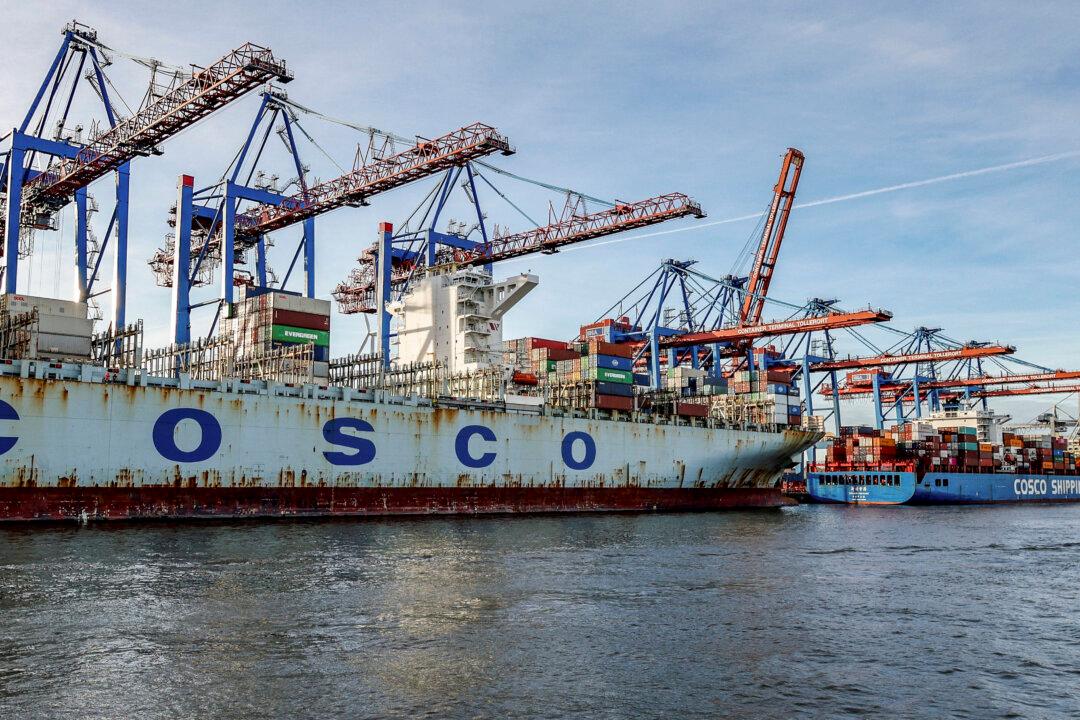German–Chinese ties have been increasingly complex in recent years. But with Beijing facing growing pushback for using China’s economic dominance to expand its global influence and Europe declaring China a “systemic rival” in 2023, German companies that once saw China as a partner are becoming disillusioned.
An increasing number of German companies are exiting the Chinese market or considering an exit, according to a survey conducted by the German Chamber of Commerce in China. The Business Confidence Survey for 2023/24 revealed that about 9 percent of its 566 member companies in China to participate in the survey—the chamber estimates that there are roughly 2,100 member companies operating in China—are disenchanted with the second-largest economy as a market.





